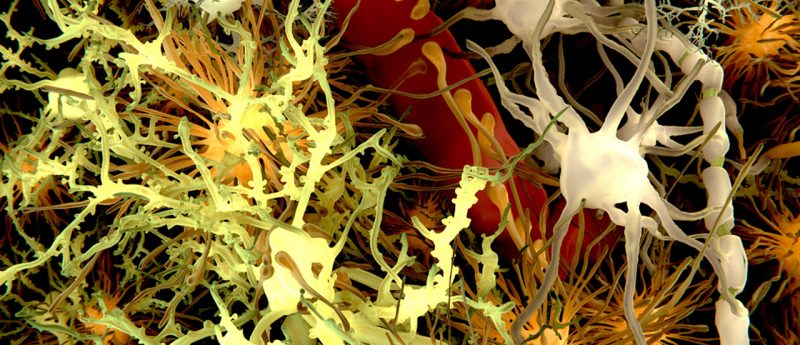Subchronic administration of phencyclidine produces hypermethylation in the parvalbumin gene promoter in rat brain

The N-methyl-d-aspartate (NMDA) receptor antagonist phencyclidine (PCP) has been widely used in the investigation and modeling of psychotic illness. Subchronic administration of PCP to animals can induce brain metabolic and neurochemical changes [1] as well as behaviors [2] that mimic aspects of schizophrenia. Furthermore, this regime can also produce enduring deficits in several neurochemical markers that are also diminished in the brain in schizophrenia. These include the calcium binding protein parvalbumin (PV), which is expressed in a subgroup of GABAergic neurons and in schizophrenia demonstrates reductions in frontal cortical (PFC) regions [3] and, particularly profoundly, in the hippocampus [4]. Equivalent losses, typically greater than...